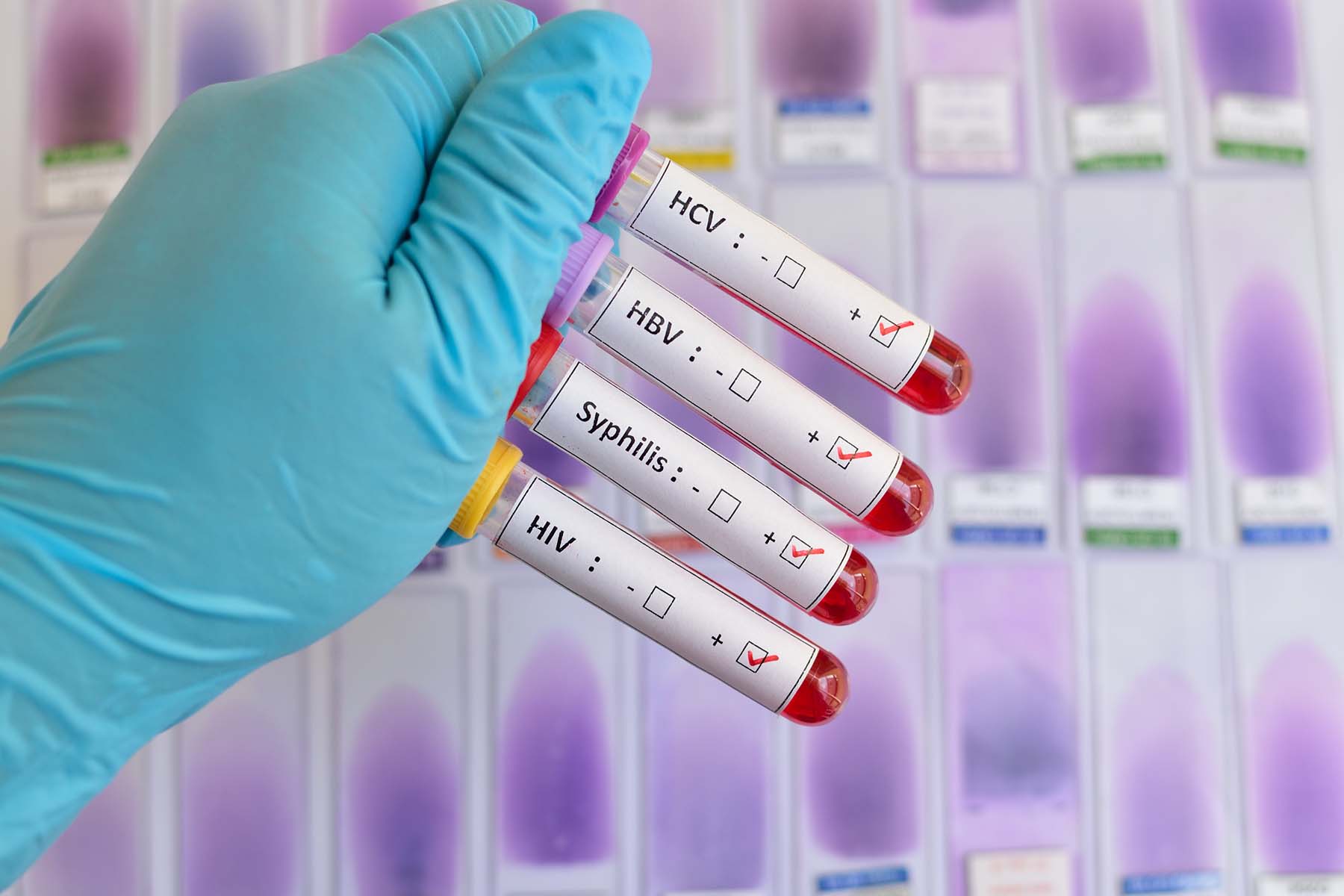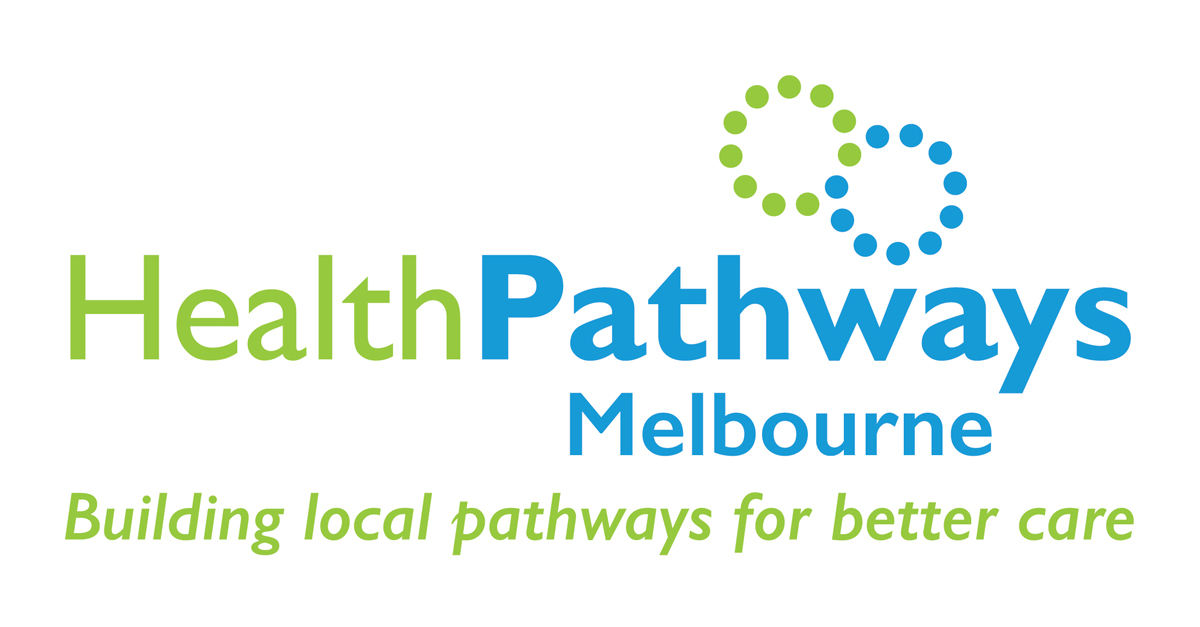
By Dr Jeannie Knapp, GP and Primary Health Care Improvement GP Adviser, North Western Melbourne Primary Health Network.
In these challenging times dominated by COVID-19 we could be forgiven for forgetting that routine general practice continues. There will no doubt be a small minority of people who choose to ignore the lockdown and social distancing recommendations and engage in unsafe sexual practices. While some practitioners may choose to take a history by telehealth, many sexually transmissible infection (STI) screens will require a face-to-face consultation.
How does this help my business?
Early detection of STIs is important to prevent transmission to others and minimise potential complications. Screening is the key control measure to reduce asymptomatic carriage and transmission. Many opportunities for screening will be in the general practice setting.
Studies have shown that many opportunities for STI screening are unfortunately missed in general practice. It goes without saying that the main importance of screening is improving the health of our patients; however, from a purely business point of view, missed screening opportunities also equate to missed income opportunities.
Who should be screened?
An individual’s age and sexual behaviour, along with the prevalence of HIV and STIs in their community all influence the level of risk and should influence our decisions of who to screen for STIs.
Higher risk, asymptomatic patients can include:
- Sexually active young people aged <30 years
- Sexually active Aboriginal and Torres Strait Islander people
- Asymptomatic sexually active men who have sex with men (MSM)
- Sex industry workers – screened every three months
- Adults who have been sexually assaulted
- Injecting drug users
- Newly arrived refugees, migrants and diverse communities
- Sexual contacts of people diagnosed with an STI
- Pregnant women
Sexual health consultation tips
The following tips are from the RACGP and the Australian STI Management Guidelines:
- Have a non-judgmental For example: Do you mind if we add some STI screening tests today?
- Ask open-ended questions and avoid assumptions about sexual orientation, by using the term ‘partner’
- Normalise the conversation. For example: We are offering chlamydia testing to all sexually active people under the age of 30. This is because chlamydia is common and it is important to treat it early. Would you like to have a test while you’re here today?
- Use a For example: Have you heard about the hepatitis B or HPV vaccines? They protect against infections that can be sexually transmitted. Would you like to find out more while you’re here? or Since you’re here for your travel vaccines, let’s talk about other ways you can keep yourself safe while you’re travelling.
- Gently enquire about recent sexual activity (when, who, how), gender, number of partners, contraception (including use of condoms), travel history, and immunisation status. For example: Have you had any new sexual partners recently? Are your partners usually male, female or both?
- Ask about the risk for blood-borne viruses (hepatitis B, C, and HIV), such as injecting drug use, tattooing and piercing.
- Patients should be asked for consent before tests such as HIV or hepatitis C are ordered.
When to screen:
This table from page 63 the RACGP Guidelines for preventative activities in general practice can assist in risk assessment and intervention:
Sexually transmissible infections: Identifying risks
Risk assessment of asymptomatic sexually active person |
What should be done? |
How often? |
| Low–average risk:
· Heterosexual asymptomatic up to 29 years of age requesting sexually transmissible infection (STI) check up |
Urine, cervical or genital swab polymerase chain reaction (PCR; or self-collected) for chlamydia
Consider other infections based on risk assessment |
Opportunistically if indicated (evidence is unclear on testing interval) |
| Medium–high risk:
· <20 years of age · Rural and remote |
As above
Consider other infections, particularly gonorrhoea and syphilis, based on risk assessment |
Opportunistically if indicated (evidence is unclear on testing interval) |
| Higher risk:
· Aboriginal or Torres Strait Islander peoples |
Testing for chlamydia, gonorrhoea, syphilis
Serology for human immunodeficiency virus (HIV), syphilis and, if the person is not vaccinated or immune, hepatitis A and B (III) Offer hepatitis A and B vaccination (III, B) |
Every 12 months (evidence is unclear on testing interval) |
| Other higher risk:
· People who inject drugs · Sex workers |
Testing for chlamydia, gonorrhoea, syphilis; Serology for HIV, syphilis; if the person is not vaccinated or immune, hepatitis A and B
Offer hepatitis A and B vaccination (III, B) Hepatitis C testing if the patient injects drugs |
Every 12 months (evidence is unclear on testing interval) |
| Highest risk:
· Asymptomatic men who have sex with men · Highest risk in those who: o have unprotected anal sex o had >10 partners in past six months o participate in group sex or use recreational drugs during sex |
Urine, throat and rectal swab for chlamydia PCR
Throat and rectal swab for gonorrhoea PCR (III, B) Serology for HIV, syphilis and, if the person is not vaccinated or immune, hepatitis A and B Offer hepatitis A and B vaccinations (III, B) |
Every 12 months and three to six monthly in higher risk men |
| Sexual contacts from the last six months of women and men with an STI
For how far back to trace, refer to the Contact Tracing section of the NSW STI Programs Unit STI / HIV Testing Tool |
Test and treat contacts presumptively (II, A)
Consider other infections based on risk assessment such as gonorrhoea, hepatitis B (if not vaccinated), syphilis and HIV (III, B) |
If chlamydia infection found (and treated), repeating testing to check for re-infection after 3–12 months may be appro |
Preventive health assessments for Aboriginal and Torres Strait Islander people
For additional resources specific to Aboriginal and Torres Strait Islander peoples, the RACGP National guide to a preventive health assessment for Aboriginal and Torres Strait Islander people includes information about sexual health and blood-borne viruses.
Useful links and resources
- The Rainbow Tick guide to LGBTI-inclusive practice
- Australia STI Management Guidelines for use in Primary Care
- Local government areas surveillance report
HealthPathways Melbourne 
The following pathways will help clinicians when deciding who to screen for STIs:
Education and Training
The Australasian Society for HIV, Viral Hepatitis and Sexual Health Medicine has published new online learning modules for health care receptionists, practice managers, nurses and students studying health-related courses. They provide the knowledge to recognise and address stigma and discrimination associated with blood-borne viruses and/or STIs in health care settings.
The Victorian HIV and Hepatitis Integrated Training And Learning (VHHITAL) program delivers comprehensive education and training for GPs for the diagnosis, treatment and management of HIV, hepatitis B, hepatitis C and STIs. It includes the provision of training and certification for practitioners who prescribe highly specialised drugs administered under Section 100 (S100) of the National Health Act 1953. 




